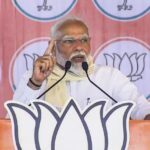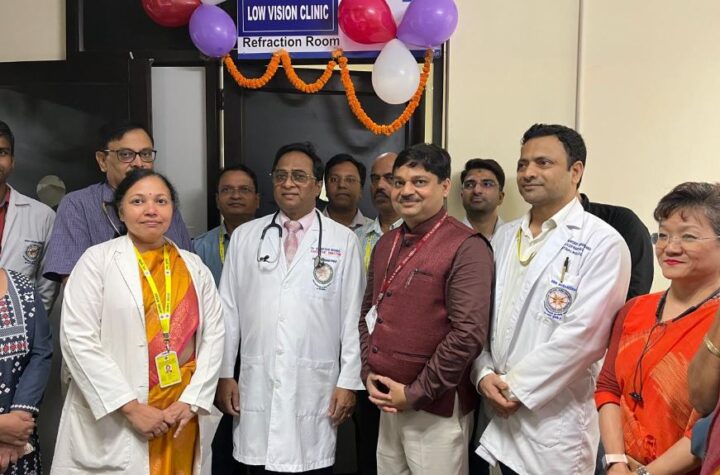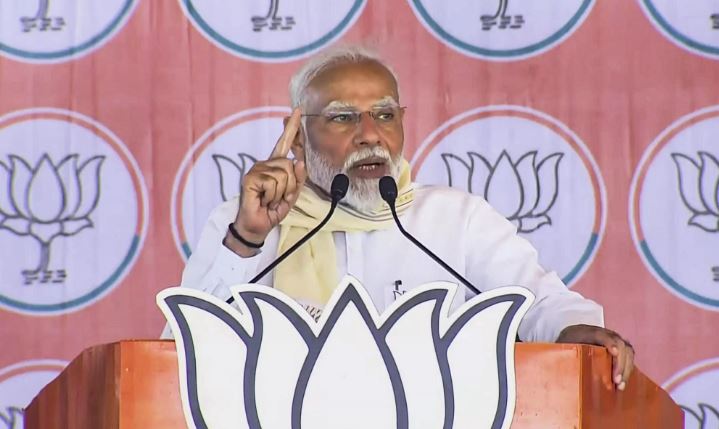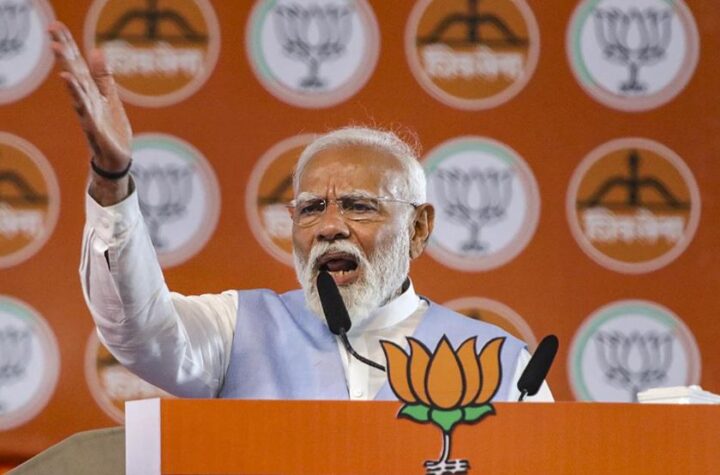There is a very thin line between mindful eating and mindless eating. The former can help you be fit, lose weight, prevent overeating and maintain optimum nutrient intake, in the long run. The latter, on the other hand, can result in the exact opposite of all this. Mindful eating is all about using mindfulness to reach a state of full attention to your cravings, experiences and physical cues while eating. It involves eating slowly without distraction, eating only until you’re full and listening to your physical hunger cues, learning to cope with guilt and anxiety about food, appreciating your food and much more.
Weight loss: Learn the difference between mindful eating and mindless eating
Elaborating further on the difference between mindful eating and mindless eating is nutritionist Nmami Agarwal. In one of her Insta reels, she uses simple examples to clearly explain how the former differs from the latter.
Mindful eating
- This type of eating is all about knowing the difference between physical hunger and head hunger.
- You eat food on the basis of healthy they are. Every time you eat, it should be considered as an opportunity to nourish yourself.
- For eating mindfully, it is important that you focus on the food when you’re eating.
Mindless eating
- In this type of eating, you eat whenever you feel like.
- When you eat mindlessly, you eat food on the basis of how comfortable they feel. This includes foods like pizza, burger, doughnuts, ice cream, etc.
- In this kind of eating, you eat food with distractions like watching a TV, etc.
According to celebrity nutritionist Rujuta Diwekar, while eating your food, your focus should only be on your meal. Your phone, tablet, TV, book, newspaper should all be kept away. Eating in this pattern can help you be in sync with your satiety signals and prevent overeating, says Diwekar.
If weight loss is your goal, make sure you practice mindful eating. It can help in changing your eating behaviours and also help in reducing the stress associated with eating.
To practice mindful eating, you should try to eat your meals slowly and don’t rush them. Chew your food thoroughly and eliminate all kinds of distractions. Eat in silence and focus on how the food makes you feel. Eat only till you’re 80% full and do not stuff yourself. For starters, try to follow these steps for just one meal in a day and it can be helpful.
Disclaimer: This content including advice provides generic information only. It is in no way a substitute for qualified medical opinion. Always consult a specialist or your own doctor for more information. NDTV does not claim responsibility for this information.
Source: NDTV











More Stories
Low vision clinic inaugurated at AIIMS Bhubaneswar
Urban education programme comes in handy for Odisha’s tribal, dalit kids
Now country ‘aatank’ struggling for ‘aata’: PM